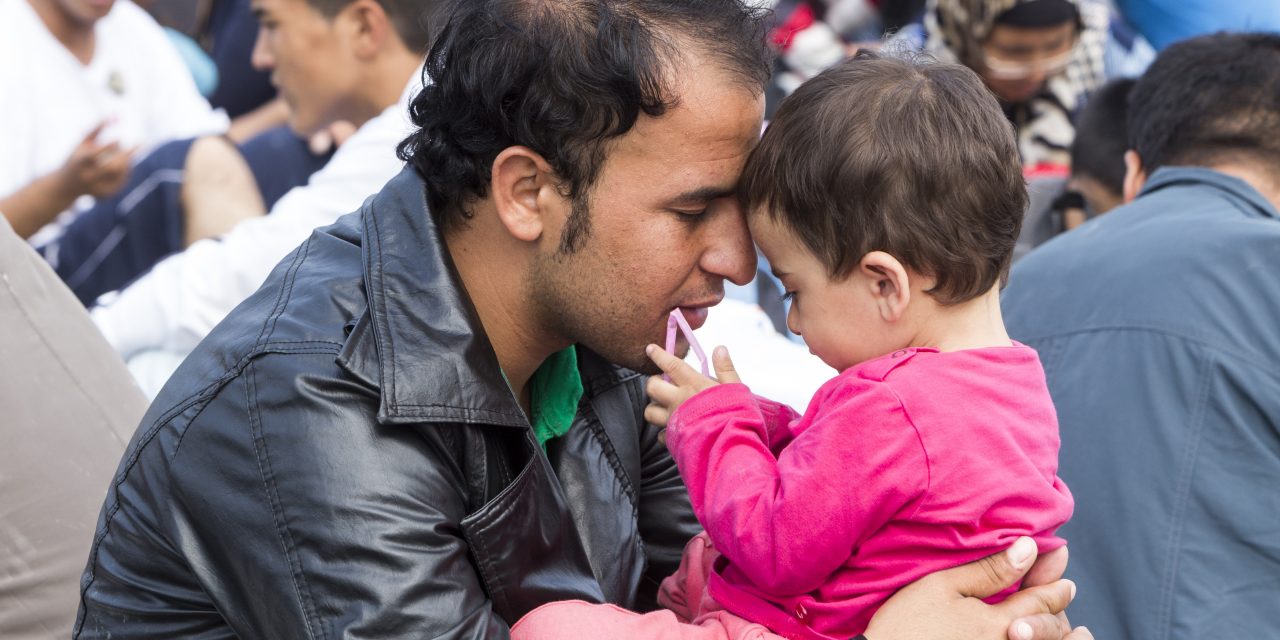Attorney General Merrick Garland announced on June 16 that he is restoring a vital lifeline to survivors of gender-based violence, gang violence, and violence on account of family relationships. Garland issued two decisions overruling Trump-era Attorneys General Jeff Sessions and William Barr’s rulings disqualify many such individuals from asylum in the United States.
Garland’s rulings vacate Matter of A-B- and Matter of L-E-A-. These two controversial decisions were part of an onslaught of policies designed to curtail access to asylum. The two Trump administration decisions particularly impacted immigrants from Central America, who often flee their home countries due to domestic violence and gang-related harm. The rulings were vacated based on pending rulemaking.
To establish eligibility for asylum, a person must have a reasonable fear of persecution on account of a protected ground. These grounds include race, religion, nationality, political opinion, or membership in a particular social group.
At issue in Matter of A-B- and Matter of L-E-A- was the “particular social group” ground. “Particular social group” is not defined by statute or regulation, so the Board of Immigration Appeals (BIA), courts of appeals, and Supreme Court have shaped the requirements for establishing a successful claim. This has led to confusing and at times contradictory rulings that make the asylum process nearly impossible to navigate without an attorney.
The two Trump-era decisions muddied an already complex area of asylum law. In Matter of A-B-, then-Attorney General Sessions overruled an important BIA decision which had helped cement asylum eligibility for certain survivors of domestic violence. Sessions stated in Matter of A-B- that asylum claims “pertaining to domestic violence or gang violence perpetrated by non-governmental actors” would generally “not qualify for asylum.”
Though this was non-binding commentary outside of the ruling in the case, some immigration judges saw the decision as foreclosing asylum for those fleeing persecution because of domestic violence or gang-related harm.
In Matter of L-E-A-, then-Attorney General Barr attempted to further restrict asylum claims based on family relationships, which can include claims made by victims of child abuse.
Both Matter of A-B- and Matter of L-E-A- resulted in wrongful asylum denials and deportations to countries where peoples’ lives were in grave danger. Most affected were women, children, members of the LGBTQ+ community, and survivors of domestic and gang-related violence, whose asylum claims often fell under the particular social group protected ground.
Garland’s decision to vacate Matter of A-B- and Matter of L-E-A- represents an important about-face from Trump-era policies and removes a barrier to asylum for many who need protection. Though the decision does not set forth new asylum standards and only reverts the law to the pre-Trump era, the move shows implicit support for the decades-long fight of domestic violence survivors to obtain crucial protection in the United States.
The legal system remains stacked against immigrants and asylum seekers, especially because asylum seekers are not guaranteed an attorney in their immigration court. The Biden administration’s call for rulemaking on the meaning of “particular social group,” which will include a chance for the public to comment, is a welcome step toward a more fair, just, and accessible asylum system for those in need of protection.
FILED UNDER: Biden Administration, Donald Trump


